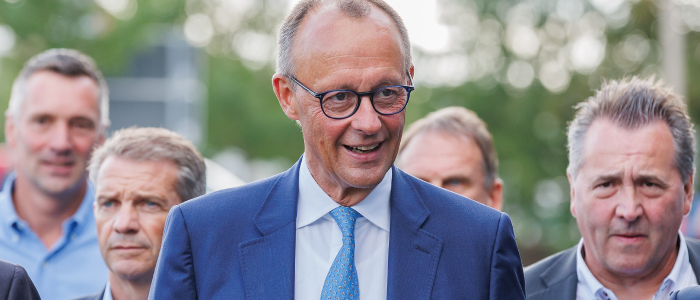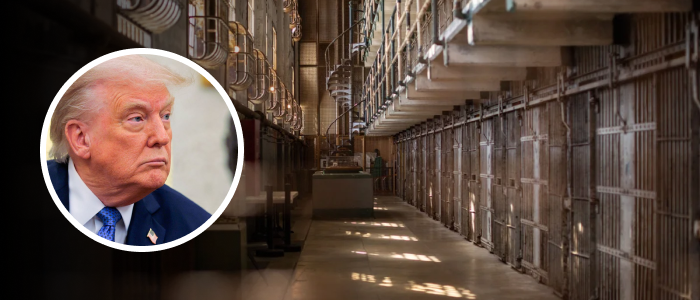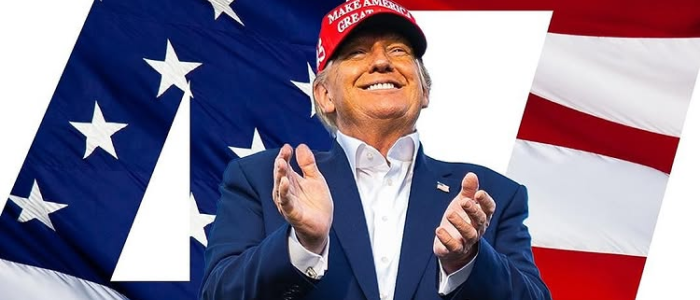FROM THE MARGINS In the Philippines, where elections are often marred by reports of vote-buying, red-tagging, political dynasties, and digital disinformation, many citizens are understandably disheartened. The same names dominate the ballots. The same patterns repeat.
And year after year, hope for electoral reforms feels like it is slipping further away. But even in the face of a flawed and imperfect system, the right to vote remains one of the few tools Filipinos still hold to shape the country's future. It is not a cure-all—but it is a start.

A choice. A voice. Voting is believing When ordinary citizens choose not to vote out of frustration or despair, the very forces they oppose grow stronger.
Corruption feeds on silence. Apathy becomes complicity. But every vote cast by someone who believes in genuine change is a quiet act of defiance—a pushback against business as usual.
Voting is not about believing that the system is already just; it is about believing that it can be. It is about choosing better leaders, even when none seem perfect. It is about keeping faith not in the politicians, but in the people—and in the possibility of progress.
This is why how we vote matters. We need to choose candidates who offer a clear and consistent reform agenda — those who prioritize uplifting the poor, protecting the environment, improving public services, and representing the marginalized. We need to look for leaders with a track record of integrity, transparency, and genuine service—not just charisma or catchy slogans.
MFIs’ role Philippine microfinance institutions (MFIs) can play a key role in promoting civic engagement among their clients, especially around the May elections. While maintaining political neutrality, MFIs can empower their clients—often from marginalized communities—with the tools and knowledge to make informed choices. As the election approaches, MFIs have a unique opportunity to empower their clients—not just economically, but also politically.
While remaining non-partisan, MFIs can take meaningful steps to encourage informed electoral participation, helping ensure that their clients will vote for leaders whose platforms support pro-poor policies, inclusive growth, and financial empowerment. One of the most impactful approaches is to conduct voter education campaigns. Through community forums, webinars, or informational flyers, MFIs can raise awareness about the importance of responsible voting.
Collaborating with Comelec-accredited non-governmental organizations or advocacy groups can help ensure that these activities are neutral yet empowering. Materials can focus on identifying candidates who support policies such as social protection, agricultural support, microenterprise development, and women’s empowerment. MFIs can also provide practical tools such as candidate evaluation checklists or scorecards, helping clients assess who truly supports inclusive development.
These tools can guide voters in recognizing key issues affecting their daily lives and link these to specific platforms. Additionally, “kumustahan” sessions may be initiated where clients discuss community needs and reflect on how these can be addressed by political leaders. Digital platforms offer another channel for MFIs to promote civic engagement in which messages can deliver bite-sized, values-based content encouraging participation without endorsing specific candidates.
Short videos or client testimonials that emphasize the importance of voting for leaders who care about the poor can be particularly effective. Moreover, MFIs can partner with community-and faith-based groups to amplify messages of social responsibility and good governance. These institutions often enjoy trust within communities and can extend the reach of non-partisan advocacy.
To sustain interest, MFIs can host post-election community check-ins or informal recognition activities that celebrate participation in the democratic process. Finally, it is essential that MFI staff are equipped to support these initiatives. Field officers should be trained to engage clients in election-related conversations constructively, with an emphasis on civic duty and inclusive development.
By taking these steps, MFIs not only uphold their mission of poverty alleviation but also strengthen democracy from the grassroots—ensuring that the voices of the poor and marginalized are heard at the ballot box. Let us vote Come election day, let us vote, and vote well. We must examine the platforms and promises of political parties and politicians based on their potential contribution to national development and the welfare of the ordinary Filipino, especially the poor.
We must avoid falling for empty promises or popular names simply because they are familiar. We need to ask: Who will speak for the voiceless? Who will stand up to power, not serve it? Who sees public office not as a reward, but as a responsibility? Let us not surrender the ballot to the powerful alone. Let us reclaim it, even if slowly, one principled vote at a time.
Because change begins when we show up, speak out, and stand firm in our hope. Kapit lang. Bumoto tayo.
* * * “The ballot is stronger than the bullet.” —Abraham Lincoln (Dr. Jaime Aristotle B.
Alip is a poverty eradication advocate. He is the founder of the Center for Agriculture and Rural Development Mutually-Reinforcing Institutions (CARD MRI), a group of 23 organizations that provide social development services to eight million economically-disadvantaged Filipinos and insure more than 27 million nationwide.).
Politics

Against the odds: Why Filipinos must vote

In the Philippines, where elections are often marred by reports of vote-buying, red-tagging, political dynasties, and digital disinformation, many citizens are understandably disheartened. The same names dominate the ballots. The same patterns repeat. And year after year, hope for electoral reforms feels like it is slipping further away.















